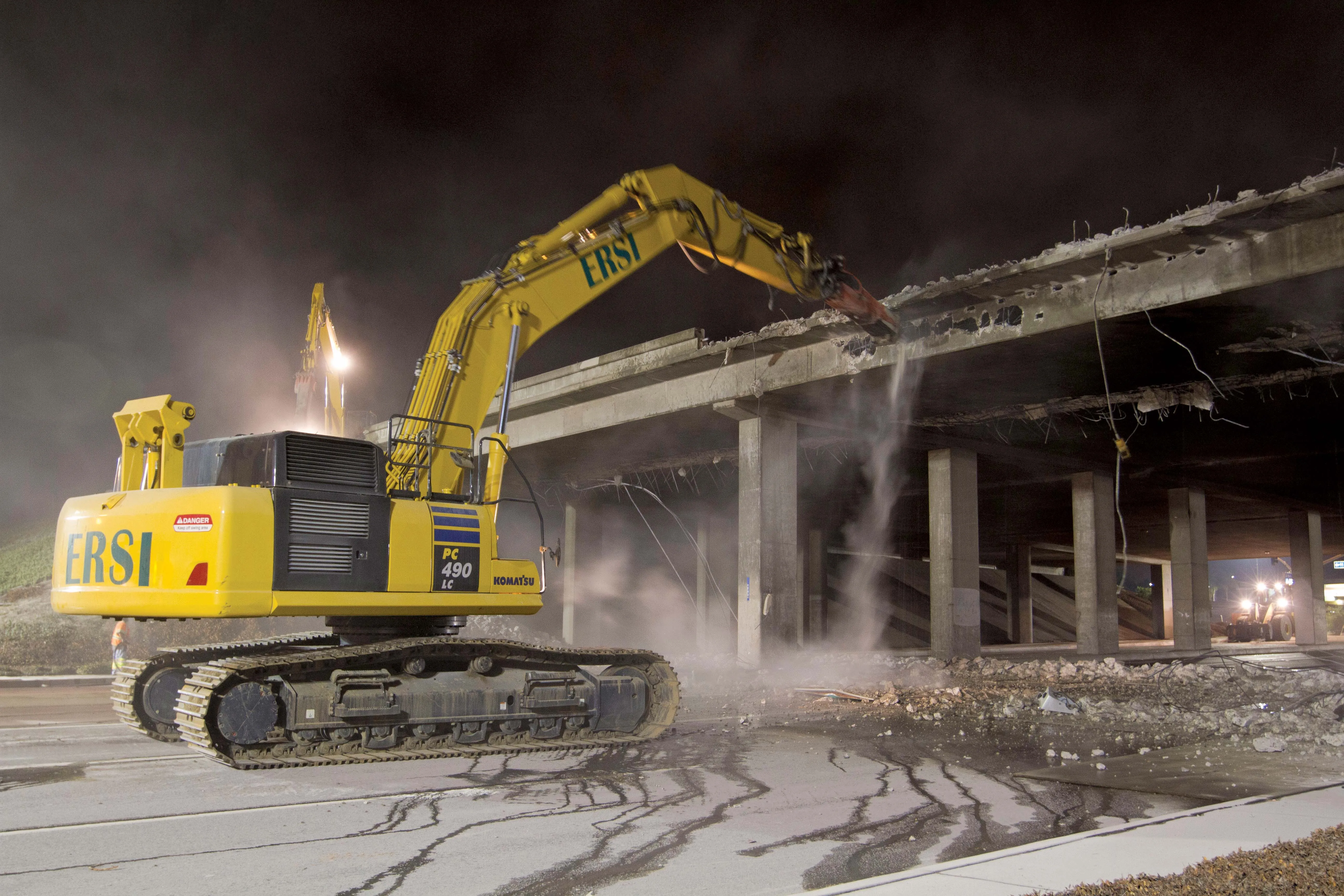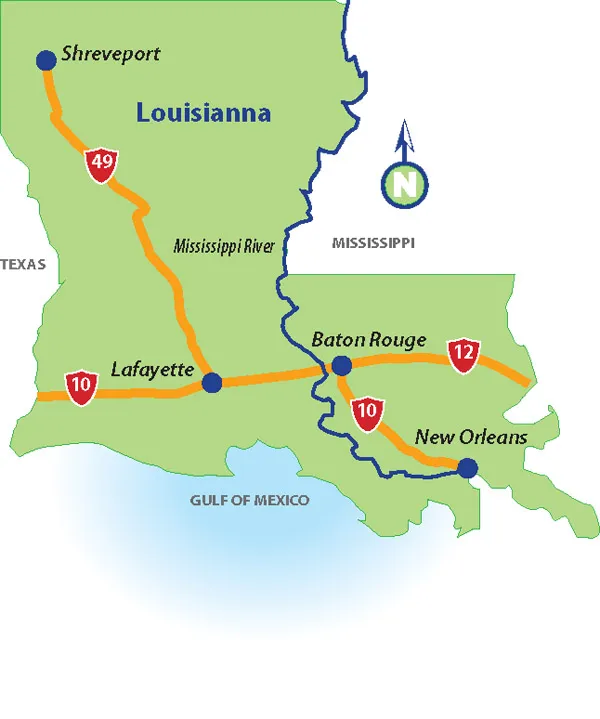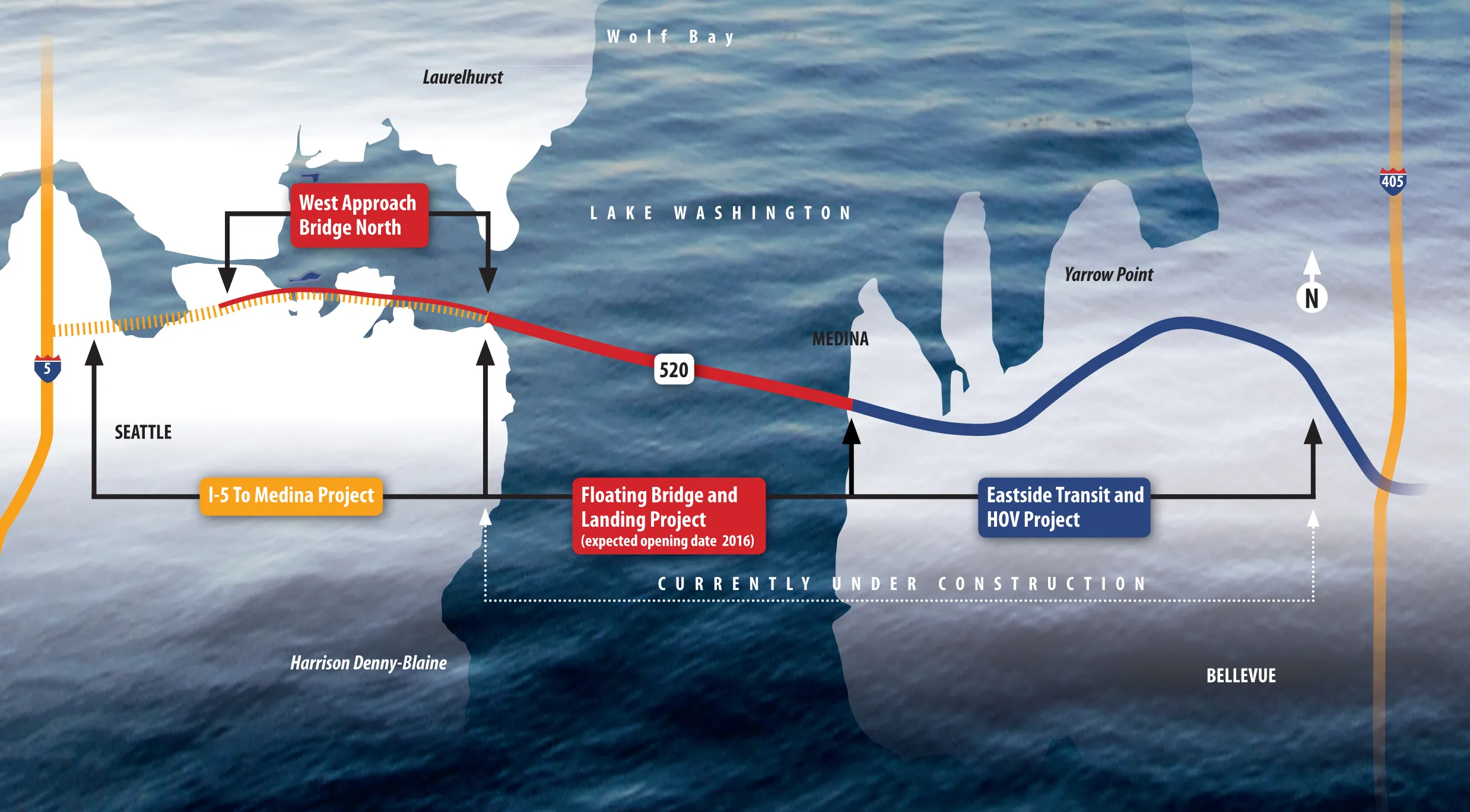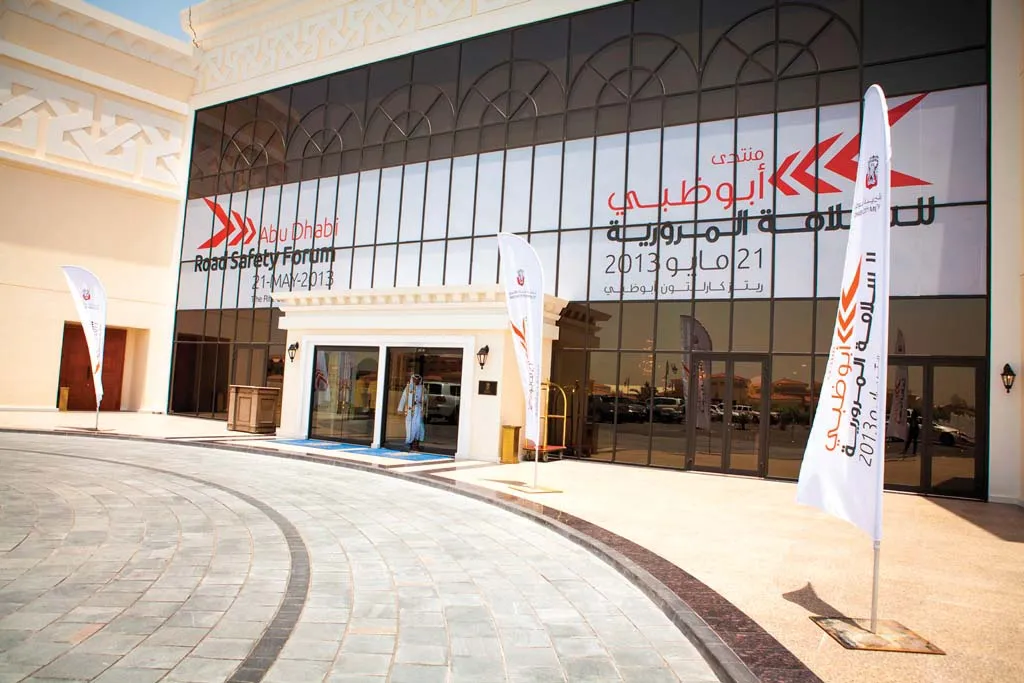The American Road & Transportation Builders Association Transportation Development Foundation (ARTBA-TDF) says that it is now accepting nominations for its 2015 Globe Awards programme. This annual competition recognises surface transportation projects and transportation construction firms that use exemplary environmental processes to protect the natural environment. The Globe Awards competition is divided into two categories, project awards and process awards:
The project awards category r
October 21, 2014
Read time: 2 mins
The 920 American Road & Transportation Builders Association Transportation Development Foundation (ARTBA-TDF) says that it is now accepting nominations for its 2015 Globe Awards programme. This annual competition recognises surface transportation projects and transportation construction firms that use exemplary environmental processes to protect the natural environment. The Globe Awards competition is divided into two categories, project awards and process awards:
The project awards category recognises private-sector firms and public-sector transportation agencies that are successful in protecting the natural environment in the planning, design and construction of US transportation infrastructure projects. Nominations may be made for projects in seven categories: highways, local or secondary roads, bridges, public transit, airports, railroads¬, and waterways and ports.
Meanwhile the process awards category honours companies that have exhibited environmentally responsible manufacturing, production, resource extraction or other processes related to surface transportation construction. These organisations may include heavy construction equipment and transportation safety product manufacturers with environmentally responsible manufacturing or materials companies with environmentally responsible resource extraction or production. Nominations must be submitted online at www.artbatdf.org by January 30th 2015. Winners will be recognised during ARTBA’s Federal Issues Programme, April 13th – 15th in Washington, DC.
The project awards category recognises private-sector firms and public-sector transportation agencies that are successful in protecting the natural environment in the planning, design and construction of US transportation infrastructure projects. Nominations may be made for projects in seven categories: highways, local or secondary roads, bridges, public transit, airports, railroads¬, and waterways and ports.
Meanwhile the process awards category honours companies that have exhibited environmentally responsible manufacturing, production, resource extraction or other processes related to surface transportation construction. These organisations may include heavy construction equipment and transportation safety product manufacturers with environmentally responsible manufacturing or materials companies with environmentally responsible resource extraction or production. Nominations must be submitted online at www.artbatdf.org by January 30th 2015. Winners will be recognised during ARTBA’s Federal Issues Programme, April 13th – 15th in Washington, DC.









